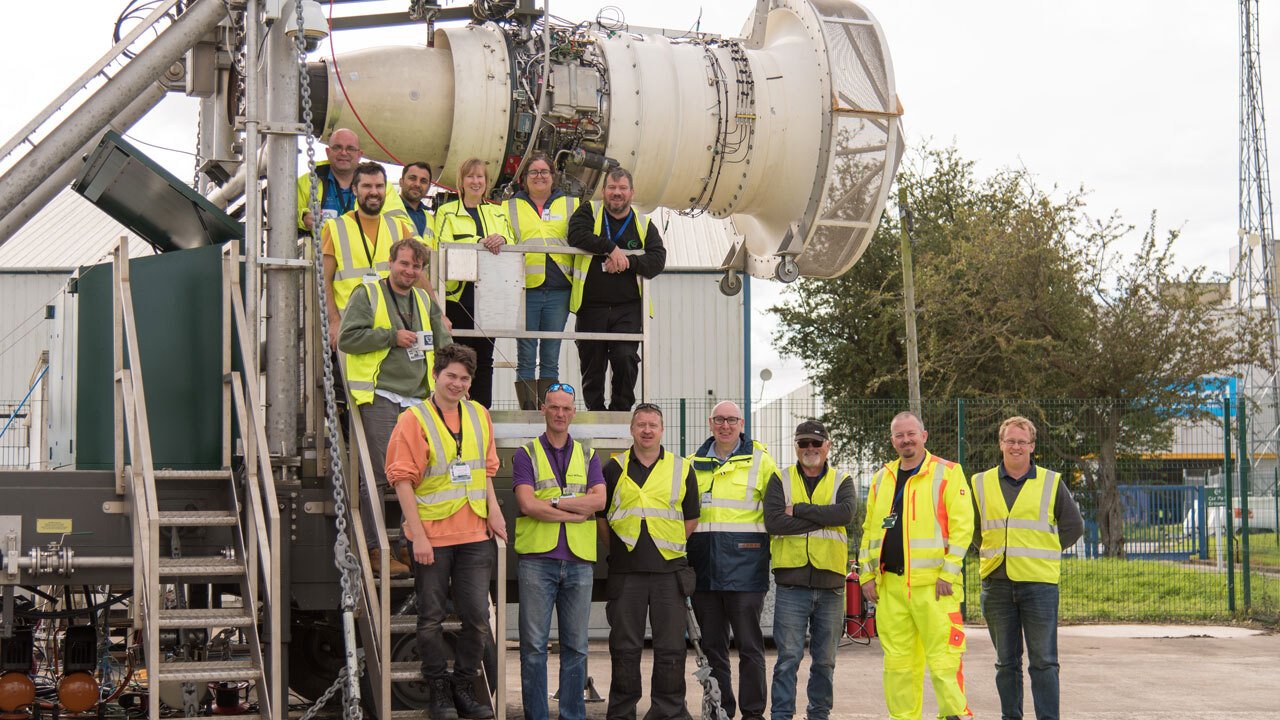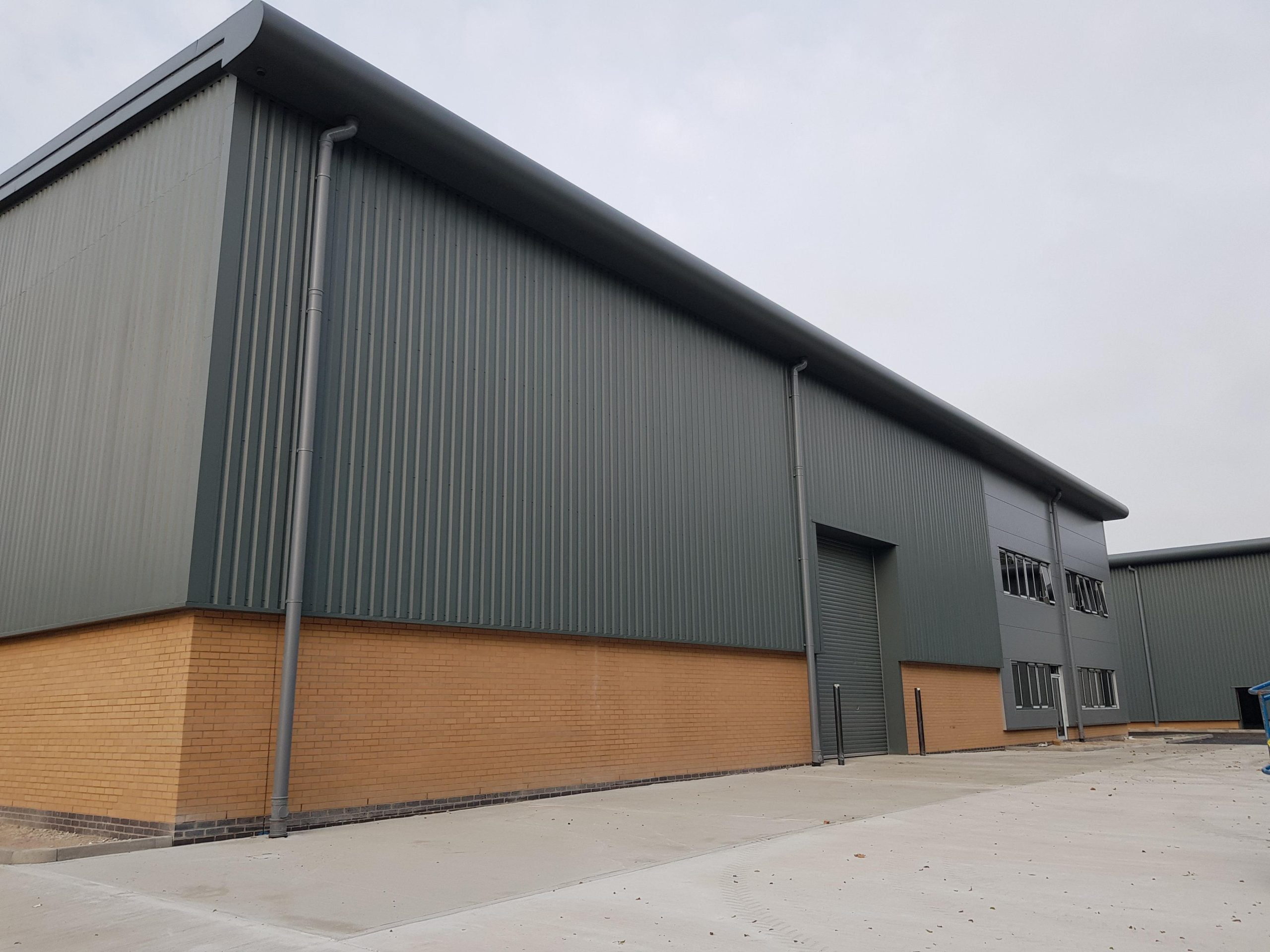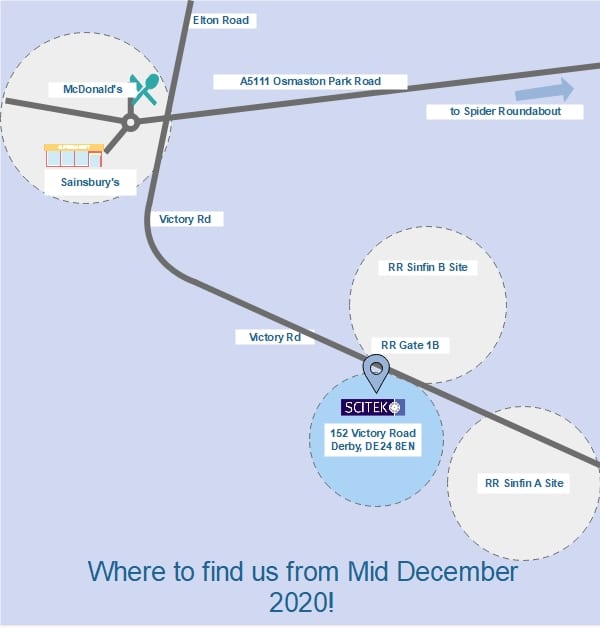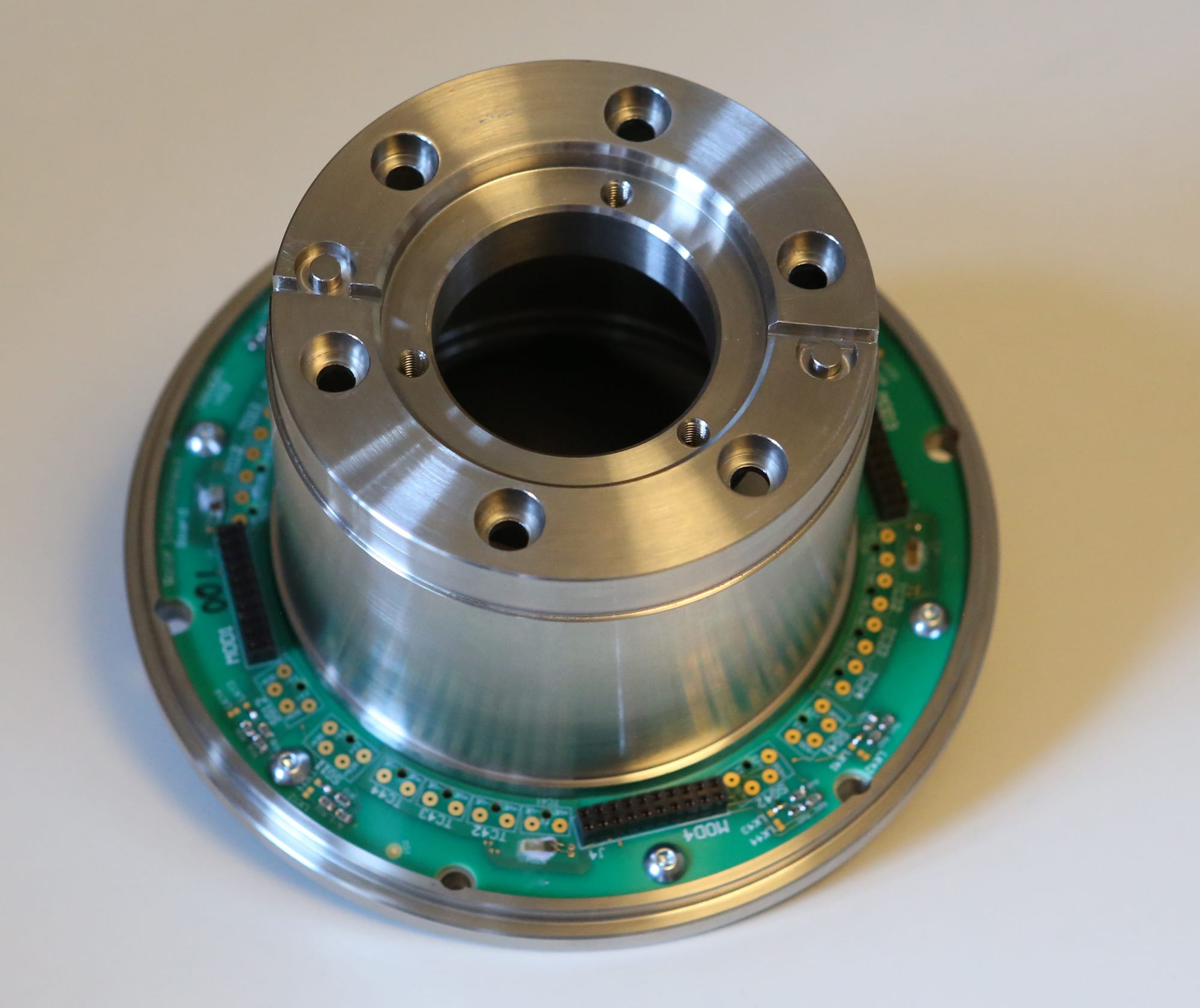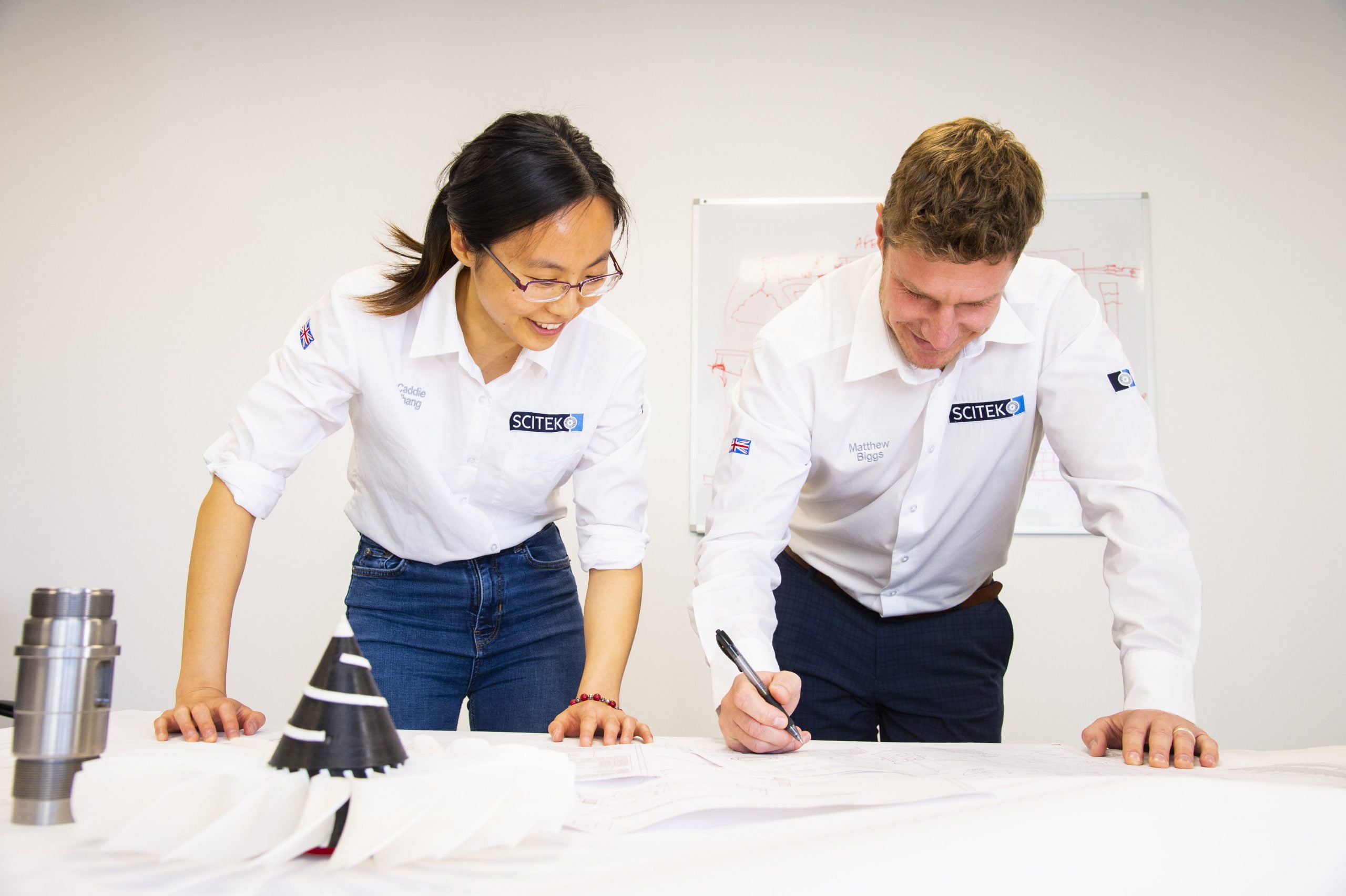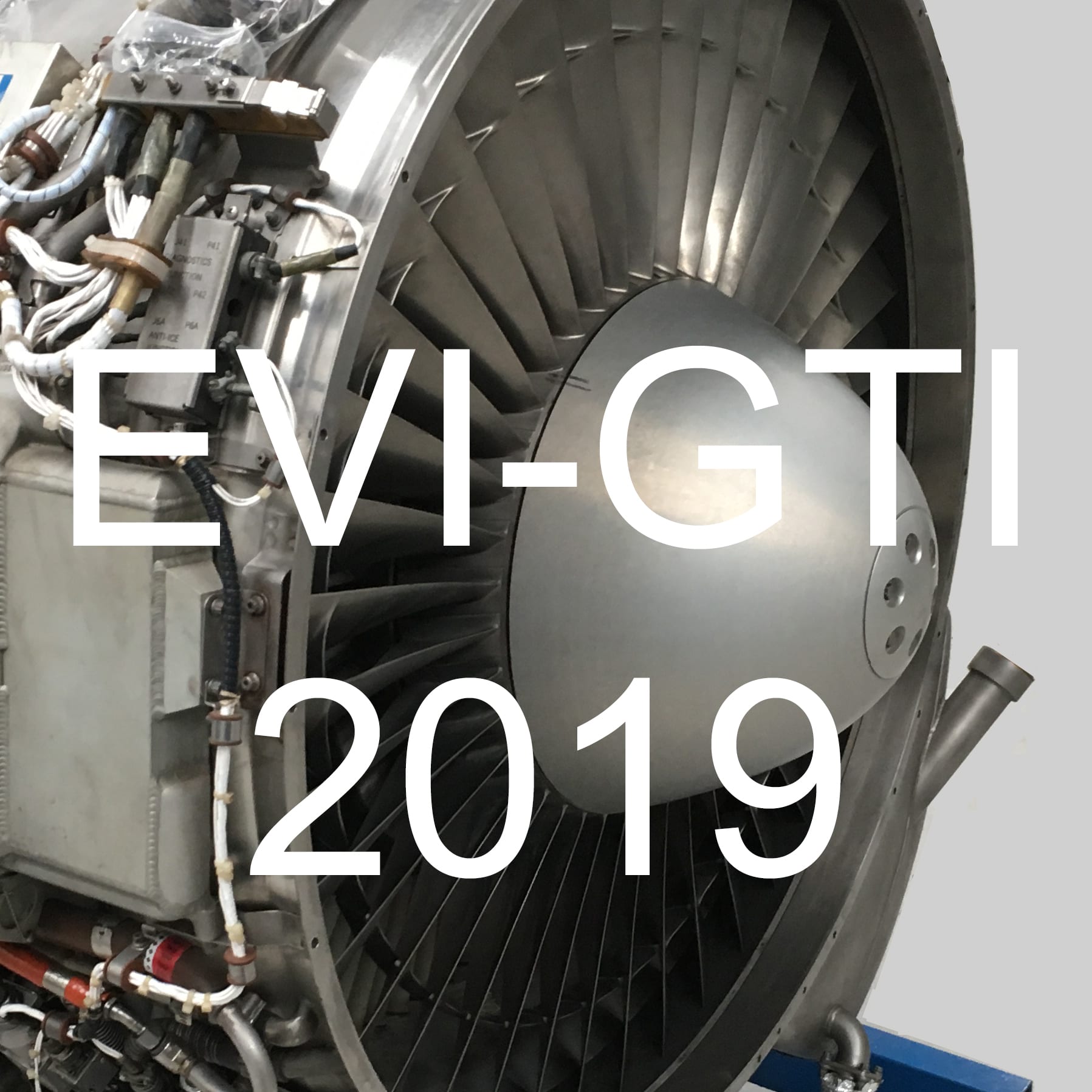The National Centre for Atmospheric Science has completed tests to quantify the emissions from the combustion of sustainable aviation fuels.
Researchers compared a standard jet fuel with several different blends of sustainable aviation fuel, including fuels supplied by Neste, and monitored the emissions produced by an engine used on the FAAM Airborne Laboratory’s BAe-146-301 aircraft and a test engine supplied by SCITEK Consultants Ltd using CFS Aero facilities at at Hawarden Airport.
The FAAM Airborne Laboratory, managed by the National Centre for Atmospheric Science (NCAS), operates a world-class research aircraft that recently made its first flight using a blend of sustainable aviation fuel.
Sustainable aviation fuel is made from renewable biomass and waste resources, and can be used as a direct replacement for jet fuel sourced from crude oil. Blends of sustainable aviation fuel and jet fuel are fully compatible with our FAAM Airborne Laboratory’s BAe-146 aircraft engines and fuelling infrastructure.
Using sustainable aviation fuel, as well as adopting a range of other sustainable practices, is a quick way to reduce carbon emissions from research aircraft operations.
Sustainable aviation fuel has the potential to reduce climate-changing greenhouse gas emissions – such as carbon dioxide – in aviation by up to 80% when compared to standard jet fuel, but it has the potential to benefit local air quality as well.
The ground-based engine testing enabled the team to detect a range of air pollutant emissions created by the combustion of blended aviation biofuel and HEFA fuel – to compare emissions between fuels from sustainable and non-sustainable sources.
The chemical and physical properties of emitted gases and particles – such as carbon dioxide, carbon monoxide, nitrogen oxides, and suspended small particles – were evaluated.
Using a sample probe developed by SCITEK, and equipment from Cardiff University and NCAS, emissions were measured within the engine exhaust.
Dr Paul I Williams, NCAS research scientist based at the University of Manchester, describes the sampling setup:
“Sampling is achieved by placing probes within a few centimetres of the engine exhaust, and transporting the sample to a dedicated set of equipment. The sampling system is complex, with flows and temperatures carefully controlled, and typically takes around a week to install.”
Dr Paul I Williams also shares some of the preliminary findings:
“As part of the ground-based engine testing we sampled emissions of ultrafine black carbon, also known as non-volatile particulate matter. Non-volatile particulate matter emissions from aircraft engines at low thrust directly impact local air quality near the earth’s surface, and the people who live and work nearby airports. The testing shows that at low thrust, for every kilogram of blended sustainable aviation fuel burnt, there is approximately 45% less in number and 80% less in mass of non-volatile particulate matter. At cruise thrusts, we found that there were also lower amounts of non-volatile particulate matter being emitted from the burning of sustainable aviation fuel. This indicates that while an aircraft is cruising there would be less non-volatile particulate matter produced, which in turn impacts contrail formation. This could have the potential to reduce the climate warming effects of aviation globally.”
Alan Woolley, Head of the NCAS-managed FAAM Airborne Laboratory, explains that these results will help producers and users of sustainable aviation fuel to better understand its properties, and the economical and environmental consequences of replacing jet fuel:
“For NCAS and the FAAM Airborne Laboratory, the results from this emissions-testing work will inform decisions around investment and the use of sustainable aviation fuel for future airborne science missions around the world.”
Alan Woolley also points out that international aviation regulators will benefit from this new information about combustion emissions from sustainable aviation fuels: “The aviation sector will be able to use our data to improve sector-wide understanding of the gases and particles released from gas turbine engines – of the size used on the FAAM Airborne Laboratory’s research aircraft.”
The engine tests for monitoring sustainable aviation fuel emissions were made possible by a partnership with NCAS and its FAAM Airborne Laboratory*, Cardiff University, Neste, Rolls-Royce, CFS Aero, SCITEK, University of Manchester, and University of York.
*The FAAM Airborne Laboratory’s research aircraft is owned by UK Research and Innovation and the Natural Environmental Research Council. It is managed through the National Centre for Atmospheric Science, and leased through the University of Leeds. The aircraft is supported, modified and upgraded by BAE Systems, operated by Airtask Group, and maintained by Avalon Aero. It is hangared in Bedfordshire, with Cranfield Airport at Cranfield University.
